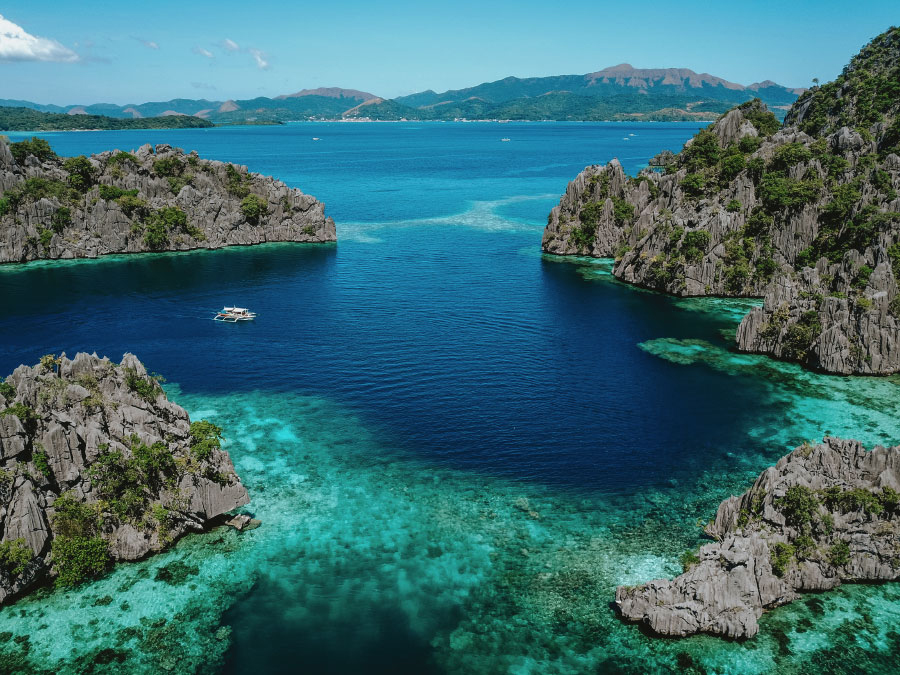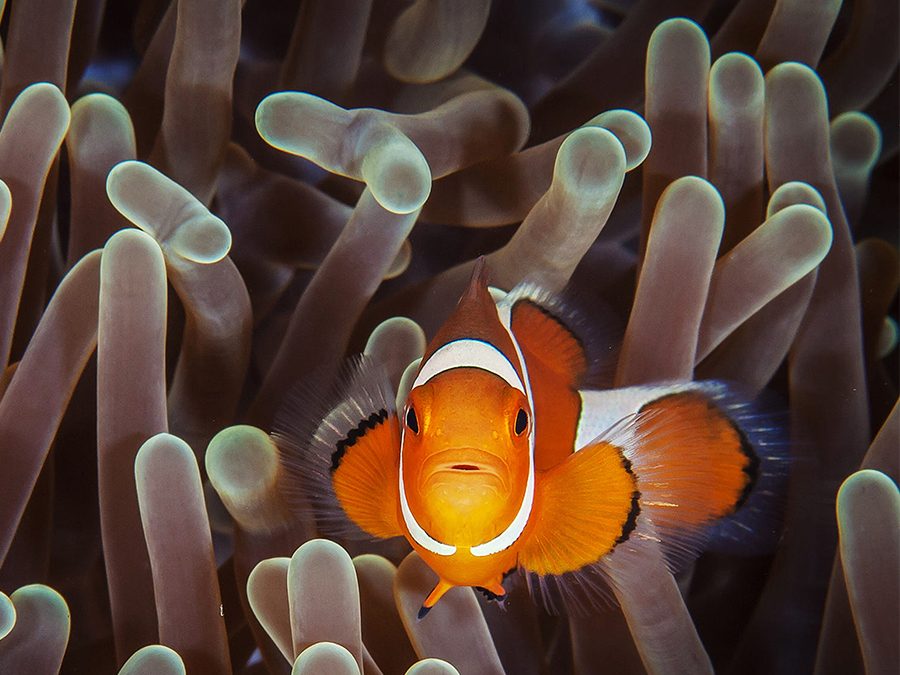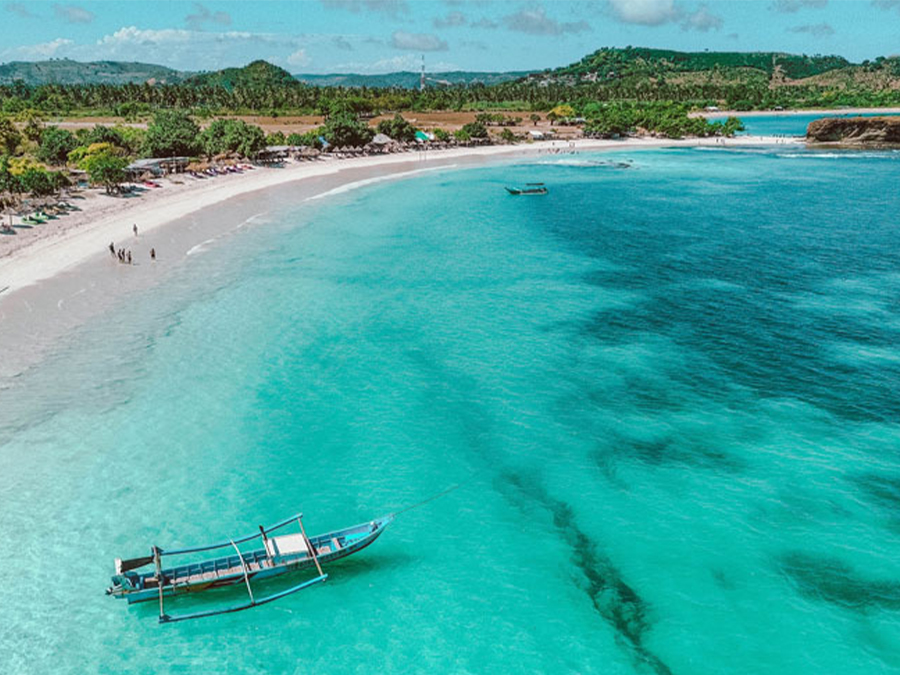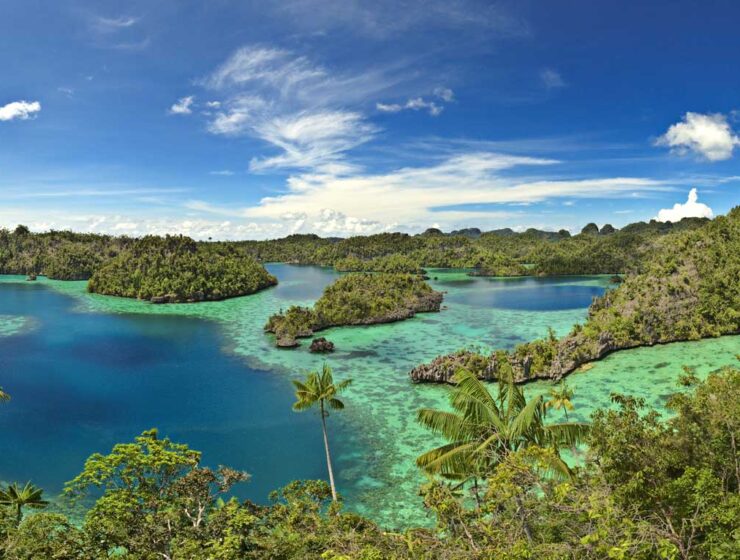
Saving the Coral Triangle’s Reefs
In 2023, we proudly expanded our conservation efforts into the Coral Triangle, a vital marine region spanning six countries—Indonesia, Malaysia, the Philippines, Papua New Guinea, Solomon Islands, and Timor-Leste. This biodiversity hotspot is home to 76% of the world’s coral species and supports the livelihoods of millions through fishing, tourism, and coastal protection services.
Our initiatives in the Coral Triangle focus on combating threats including destructive fishing practices, habitat degradation, and the impacts of climate change. By working closely with local communities, governments, and partners, we aim to secure a sustainable future for these invaluable ecosystems.
A Biodiversity Hotspot
The Coral Triangle, known as the “Amazon of the Seas,” is crucial for global coral reef conservation, hosting over 76% of the world’s coral species and 37% of reef fish species. It supports the livelihoods of over 120 million people through fisheries and tourism, contributing an estimated $2.3 billion annually to local economies.
These reefs are integral to local culture, traditions, and ceremonies. Additionally, they provide vital environmental benefits, acting as natural barriers against storm surges and floods and maintaining marine ecosystem health.


An Ecosystem Under Threat
Despite their ecological and economic importance, the reefs of the Coral Triangle face numerous threats. Unsustainable fishing practices, pollution from coastal development, and climate change-induced coral bleaching pose significant risks to the health and resilience of these ecosystems.
In some areas, unsustainable fishing practices, such as blast fishing and cyanide fishing, continue to devastate coral reefs and fish populations. Meanwhile, coastal development and inadequate wastewater management contribute to sedimentation and pollution, further compromising reef health.
Our Work in the Coral Triangle
Climate REEFS Initiative
CORAL has joined the Climate REEFS initiative, a collaborative effort in the Philippines and Indonesia aimed at climate change adaptation for coral reefs and coastal communities. Led by a consortium of organizations including University of Leeds, Rare, and Pattimura University, this project integrates ecological, social science, and genomic research to identify adaptive reefs and enhance socio-economic resilience.
CORAL TRIANGLE Stories










